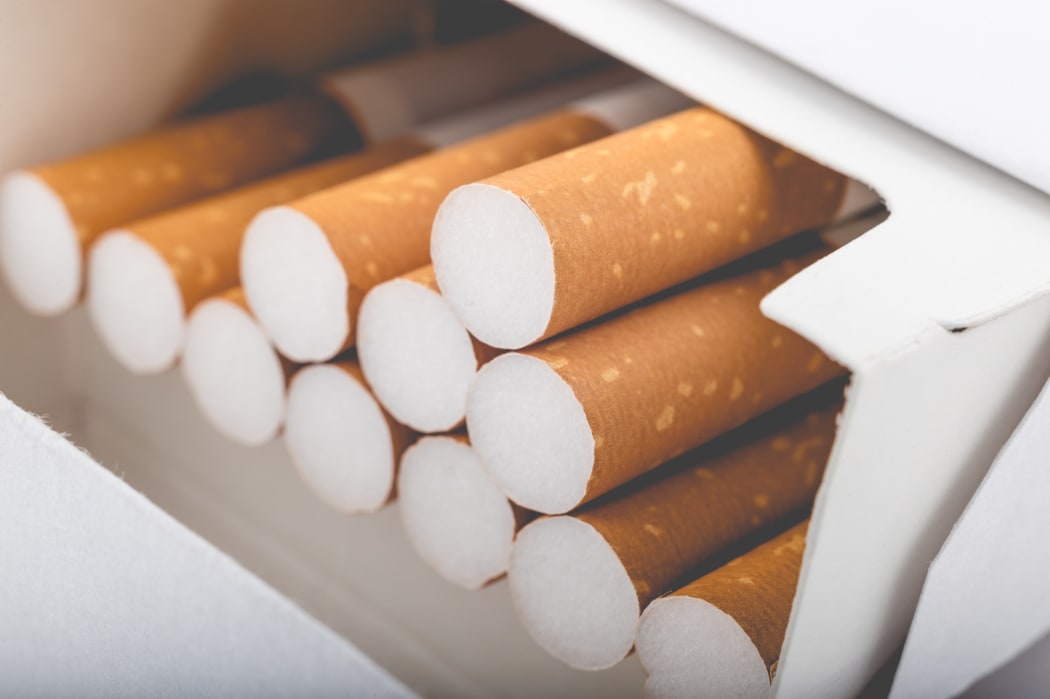One of the world's largest cigarette manufacturers wants a tax break on smokefree products as part of its plan to pull smokes from New Zealand shelves this year.

Photo: 123RF
United-States based Philip Morris International, owner of the Marlboro brand, spent $6.8 billion transforming its business from one that sells cigarettes to one that will eventually sell only smokefree tobacco sticks designed to be heated inside an electronic device instead of burned.
Philip Morris New Zealand general manager James Williams said it wanted New Zealand to be its first cigarette-free market.
"There is no motivation, at all, from anybody within Philip Morris to keep selling cigarettes in New Zealand."
National Tobacco Control Advocacy Service general manager Mihi Blair said the plan was just a bold public relations stunt.
"If Philip Morris was very serious about it, they would just stop it [selling cigarettes] right now.
"It is just swapping one addiction to another."
Mr Williams said the company could not pull cigarettes from shelves immediately because that would only force smokers to buy from other manufacturers.
He said Philip Morris wanted to help the government achieve its smokefree by 2025 goal, but the Ministry of Health refused to meet with him even after sending the agency six binders of scientific information.
A spokesperson for the ministry would not say if it had refused a meeting with Mr Williams, but said it assessed each meeting request against its obligations around tobacco control.
The spokesperson said the ministry was not aware of the details of Philip Morris's plan to pull cigarettes from New Zealand shelves.
Meanwhile, the company has been lobbying the government to introduce a lower tobacco excise tax rate on products that heats tobacco rather than burns it, which it claimed was less harmful.
It commissioned a local advisory firm to form an independent analysis to submit to the Tax Working Group in November.
Mr Williams said Philip Morris would exit the cigarette market quicker if it received a tax break.
"Excise treatment on all smokers' products should be risk-proportionate. If the government does this, the exit will be much quicker, no doubt."
The current tobacco excise rate collected on imported and manufactured goods was 82.66 cents per cigarette, according to Statistics New Zealand.
Treasury figures showed Customs collected $1.93b in tobacco tax last year.
Action on Smoking and Health spokesperson Ben Youdan agreed smokefree products should be taxed less.
"I do think that a sensible regulatory regime ... would disadvantage the most harmful products over others."
However, Mr Youdan said Philip Morris's plan to stop selling cigarettes here would not have much of an impact on its business or smoking rates, because its market share was small.
Company figures supplied to RNZ Business put Philip Morris's share of the local cigarette market at 12.8 percent last year, with British American Tobacco at 66.6 percent and Imperial Tobacco at 20.6 percent.


